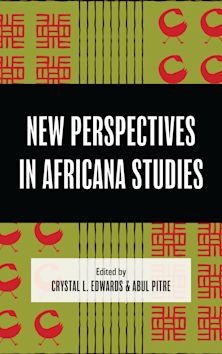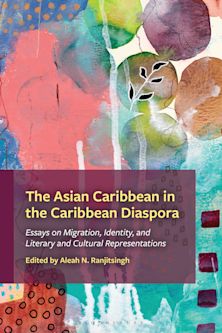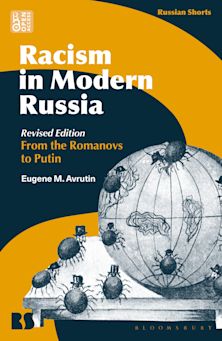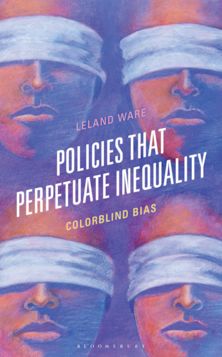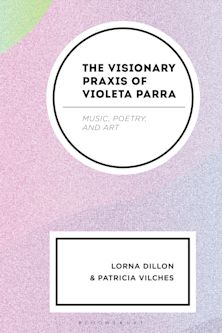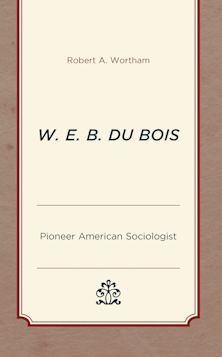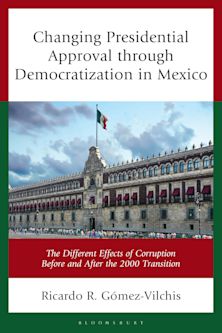- Home
- ACADEMIC
- Politics & International Relations
- Race and Ethnicity
- Struggle and Survival under Authoritarianism in Turkey
Struggle and Survival under Authoritarianism in Turkey
Theatre under Threat
Struggle and Survival under Authoritarianism in Turkey
Theatre under Threat
You must sign in to add this item to your wishlist. Please sign in or create an account
Description
After the Justice and Development Party (AKP) came to power in Turkey in 2002, the AKP grew into an authoritarian government as it politically and culturally oppressed citizens and institutions. In Struggle and Survival under Authoritarianism in Turkey: Theatre under Threat, Burcu Yasemin Seybenargues thattheatre was deliberately targeted because theatre institutions and companies embodied the cultural program of the statist and Kemalist cultural policy that has continually excluded Muslims and various religious and ethnic minorities. Although the AKP claimed to be replacing the top-down, discriminatory, and secular statist and Kemalist theatre system with a facilitative and inclusive one, the AKP gradually adapted a more authoritarian system, as evidenced by their efforts to close and defund theatres, ban plays, and force theatre artists to exile. Despite the AKP’s increasing oppression, Seybenstudies contemporary Turkish theatre to establish that a few theatre institutions, companies, and artists have managed to survive and develop democratic cultural policies and strategies that will outlive the AKP government.
Table of Contents
Chapter 1: Theatre Institutions and Systems through Cultural Policies in Turkey: Historical Overview and Categorization
Section II: Subsidized Theatres
Chapter 2: The AKP's Taming of the Istanbul City Theatre and its Artists
Chapter 3: Denial of Heritage: The Case of the State Theatre
Section III: Decentralized Theatres
Chapter 4: “Belief in Another World Still Persists”: The Independent and Commercial Theatres
Chapter 5: Towards a More Decentralized Cultural Policy: The Kadiköy and Nilüfer District Municipalities
Section IV: Oppressed Theatres
Chapter 6: Battle on Many Fronts: The Case of Sermola Performans
Chapter 7: Cultural Oppression at the Local Government Level: The Diyarbakir City Theatre
Chapter 8: “My Life Has Become More Absurd than My Play”: Mi Minör and the Crackdown on Artistic Freedom in Turkey
Conclusion
Product details
| Published | Nov 25 2020 |
|---|---|
| Format | Ebook (PDF) |
| Edition | 1st |
| Extent | 198 |
| ISBN | 9781978787940 |
| Imprint | Lexington Books |
| Publisher | Bloomsbury Publishing |
About the contributors
Reviews
-
Burcu Yasemin Seyben highlights the importance of analyzing the theatre milieu to give an account of Turkey's transformation from an unconsolidated democracy to authoritarian politics. Struggle and Survival under Authoritarianism in Turkey: Theatre under Threat is a remarkable collection of stories of targeted artists, their resistance, resilience, exiles, and self-exiles. Seyben’s book is also a tour d’horizon of the AKP’s inability to impose its cultural hegemony on established cultural institutions and the expanding theatre sector. Hence, Theatre under Threat shows that it is inaccurate to portray today’s Turkey as a place in which everything is determined by authoritarianism.
Ömer Turan, Associate Professor at Istanbul Bilgi University, Department of International Relations, and Swedish Institute Senior Fellow at Lund University, CMES
-
Burcu Yasemin Seyben offers a timely analysis of a pivotal moment in Turkey's history, where spaces for independent theatre as well as free thinking and expressing of its diverse cultural heritage have become scarce. She records and criticizes with much fervor how political and social processes under the AKP administration are eroding Turkey's once rich cultural scene, forcing theatre artists and academics, including herself, into self-exile. This time document is written with much love, dedication, and resilience that will inspire generations.
Pieter Verstraete, Assistant Professor at University of Groningen, and Marie Sklodowska-Curie Fellow at Free University of Berlin

ONLINE RESOURCES
Bloomsbury Collections
This book is available on Bloomsbury Collections where your library has access.












